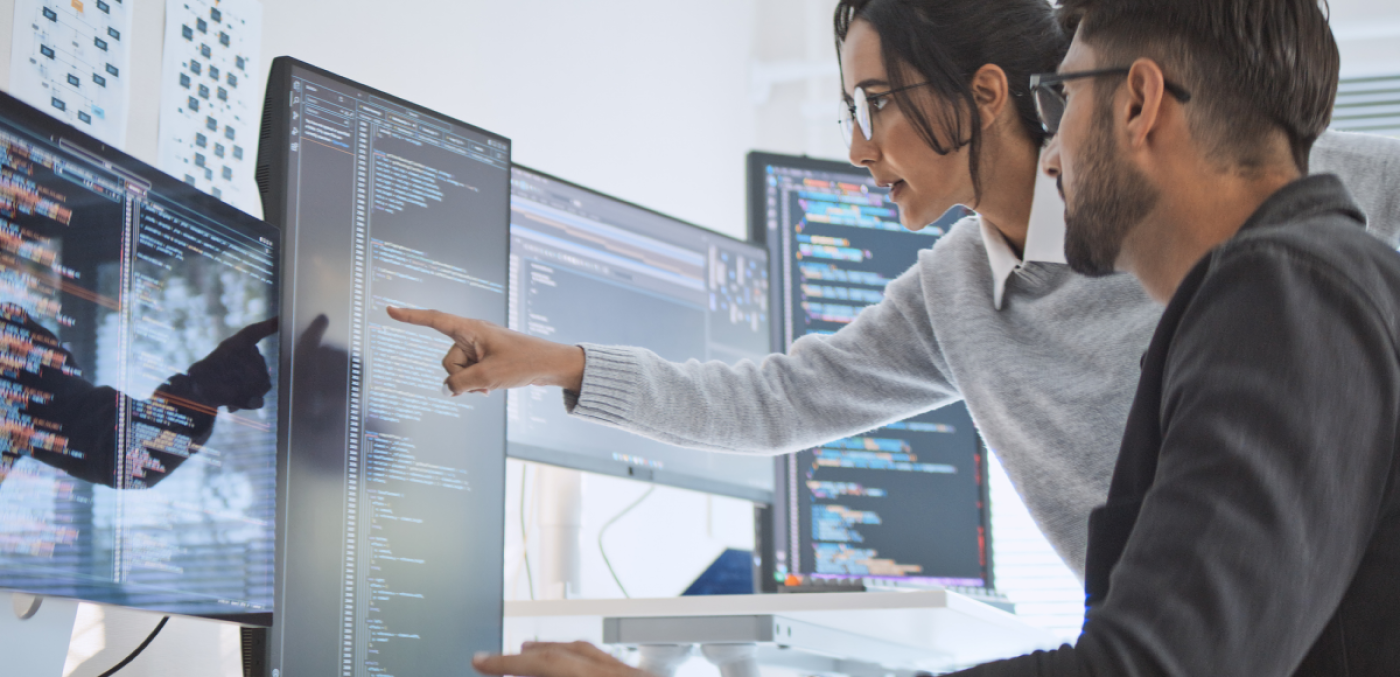Since ChatGPT launched in late 2022, generative AI has been all the rage, with seemingly everyone from journalists to students to doctors seeing how they can use these tools to increase productivity and potentially improve their work.
Indeed, ChatGPT was the fastest-growing app in history based on reaching over 100 million users in two months (although it was later overtaken by Meta's Threads app).1 Today, ChatGPT continues to be highly popular, with the tool doubling its growth over the past year to reach over 200 million weekly active users.2
OpenAI, the company behind ChatGPT and other tools like image generator DALL E, has also captured significant attention, particularly from investors/partners like Microsoft, which has reportedly already put in $13 billion.3 OpenAI is approaching a $100+ billion valuation, as it eyes a new round of funding led by Thrive Capital and possibly additional funding from Microsoft.4
But big investors like these aren't necessarily the only ones who can get in on OpenAI before it potentially goes public. Here, we'll examine how to invest in OpenAI stock pre-IPO.
OpenAI: company background
OpenAI has a somewhat complex structure, as it started as a nonprofit in 2015. In 2019, OpenAI created a capped profit company, OpenAI Global LLC, that's still majority owned by the OpenAI nonprofit, OpenAI Inc. However, this capped profit structure has still allowed OpenAI to raise significant funding from external investors, and The Financial Times reported that OpenAI is considering further changes to appeal to investors.5
OpenAI's founding team of 11 individuals included several well-known tech leaders such as Elon Musk and machine learning expert Ilya Sutskever, though neither is still with the company.6 However, co-founder Sam Altman remains CEO, despite a temporary departure.7
OpenAI stock and funding history
Because of OpenAI's non-profit and then capped-profit structures, it doesn't have the same stock and funding history that many other startups do.
For example, initial funders included entrepreneurs such as Reid Hoffman, co-founder of LinkedIn, and Peter Thiel, though those were technically considered donations,8 due to the nonprofit structure of OpenAI.
Meanwhile, Microsoft's reported $13 billion in funding include a mix of partnerships and investing, and while Microsoft is reportedly entitled to a large share of OpenAI's profits, its investments apparently have not yielded direct equity, based on what's been disclosed.9
Despite the complicated nature of OpenAI's structure, its stock/overall valuation has quickly grown. Over seven funding rounds, OpenAI has raised approximately $11.3 billion.10 The difference between that and Microsoft's higher amount might be explained by the unique partnership model Microsoft has engaged in primary funding rounds, though the details aren't fully clear at this time.
That said, in early 2024, OpenAI announced that employees could sell stock as part of a tender offer that valued the company at $86 billion.11 More recently, in late August 2024, Thrive Capital reportedly is in talks with OpenAI to invest $1 billion in a funding round that would put OpenAI's valuation at $100 billion or more.12 Other publicly traded tech companies such as Microsoft, Apple, and Nvidia are also in talks to invest in OpenAI.13
How to buy OpenAI stock
OpenAI is not a publicly traded company, nor does it have a traditional for-profit structure, so investing in OpenAI stock is fairly limited. However, accredited investors may be able to invest in OpenAI stock if it's traded on private marketplaces such as Forge.
In early 2024, a tender offer led by Thrive Capital enabled employees to sell shares,14 and OpenAI reportedly will be offering current and former employees access to annual tender offers.15
While not guaranteed, liquidity events like these could potentially open up more pathways for privately owned shares of OpenAI to trade on private exchanges.
If OpenAI eventually has an IPO, that would also open up investing opportunities to the general public, but there are currently no clear plans for that to happen.
Who can invest in OpenAI pre-IPO?
OpenAI is not a publicly traded company, nor does it have a traditional for-profit structure, so investing in OpenAI stock is fairly limited. However, accredited investors may be able to invest in OpenAI stock if it's traded on private marketplaces such as Forge.
In early 2024, a tender offer led by Thrive Capital enabled employees to sell shares,14 and OpenAI reportedly will be offering current and former employees access to annual tender offers.15
Where to buy pre-IPO OpenAI stock
If you're an accredited investor, you may be eligible to buy pre-IPO OpenAI stock through a secondary marketplace such as Forge. However, buying pre-IPO shares on a secondary marketplace depends on whether existing shareholders such as employees or other investors decide to list shares for sale while the company remains privately owned.
So, liquidity of pre-IPO OpenAI stock depends on whether existing shareholders decide to sell shares. Plus, the potentially evolving nature of OpenAI's corporate structure could affect the availability of shares for sale.
Alternatives for retail investors who want to buy OpenAI stock
Although retail investors who are not accredited generally cannot directly buy pre-IPO stock in companies like OpenAI, there can be other ways to invest to gain some exposure to OpenAI or similar companies.
For one, investors can buy publicly traded stocks like Microsoft, which has invested and partnered with OpenAI. However, buying Microsoft stock also means investing in the rest of Microsoft's business, not just the part connected to OpenAI.
Another option could be to invest in other publicly traded AI-related companies, some of which might work with OpenAI now or in the future, and some of which might benefit from more AI usage in general. You'll have to do your due diligence to see what makes sense for your situation, but you might find ways to ride similar waves to those OpenAI is on.
And if you don't want to choose specific AI-related stocks, you could invest in a mutual fund or ETF that invests in a basket of stocks in areas such as AI and/or robotics, which might similarly give you exposure to this new world of tech.
Lastly, investors could hold off on investing for now and see if OpenAI has an IPO, but as of now, there are no definitively announced plans to go public.
How to analyze OpenAI stock
While OpenAI's products like ChatGPT have captured a lot of public attention, it's important for prospective investors to still analyze OpenAI stock before investing, rather than simply following the trend without considering risk.
Part of this analysis could include using the Forge Price to compare OpenAI's stock price history to other AI and tech-related private companies that trade on Forge. Investors also might look at OpenAI's estimated valuation compared to comparable publicly traded companies to get a sense of if/how much more growth they think is feasible.
Granted, this can be an imperfect science, and the company's valuation would change if it completes its current rumored funding round.
Still, looking at data like this can give investors at least somewhat of a starting point to compare investing in OpenAI vs. other companies. Also, investors should consider the risks of investing in OpenAI stock. In particular, private company stock generally has less liquidity than public company stock, and it's unclear if OpenAI will go public or adjust its corporate structure further.
Get started investing in OpenAI on Forge
If you want to invest in OpenAI pre-IPO, create an account with Forge Markets to access our deep marketplace of private market securities.
When you create a free account, you'll be connected with a Forge Private Market Specialist to determine your eligibility, and from there you can potentially buy and sell private market shares in OpenAI and other startups.
Forge stands out for its transparency into what can otherwise be an opaque private market, and as a publicly traded company itself, Forge provides a regulated, proven way to invest in the private market.





